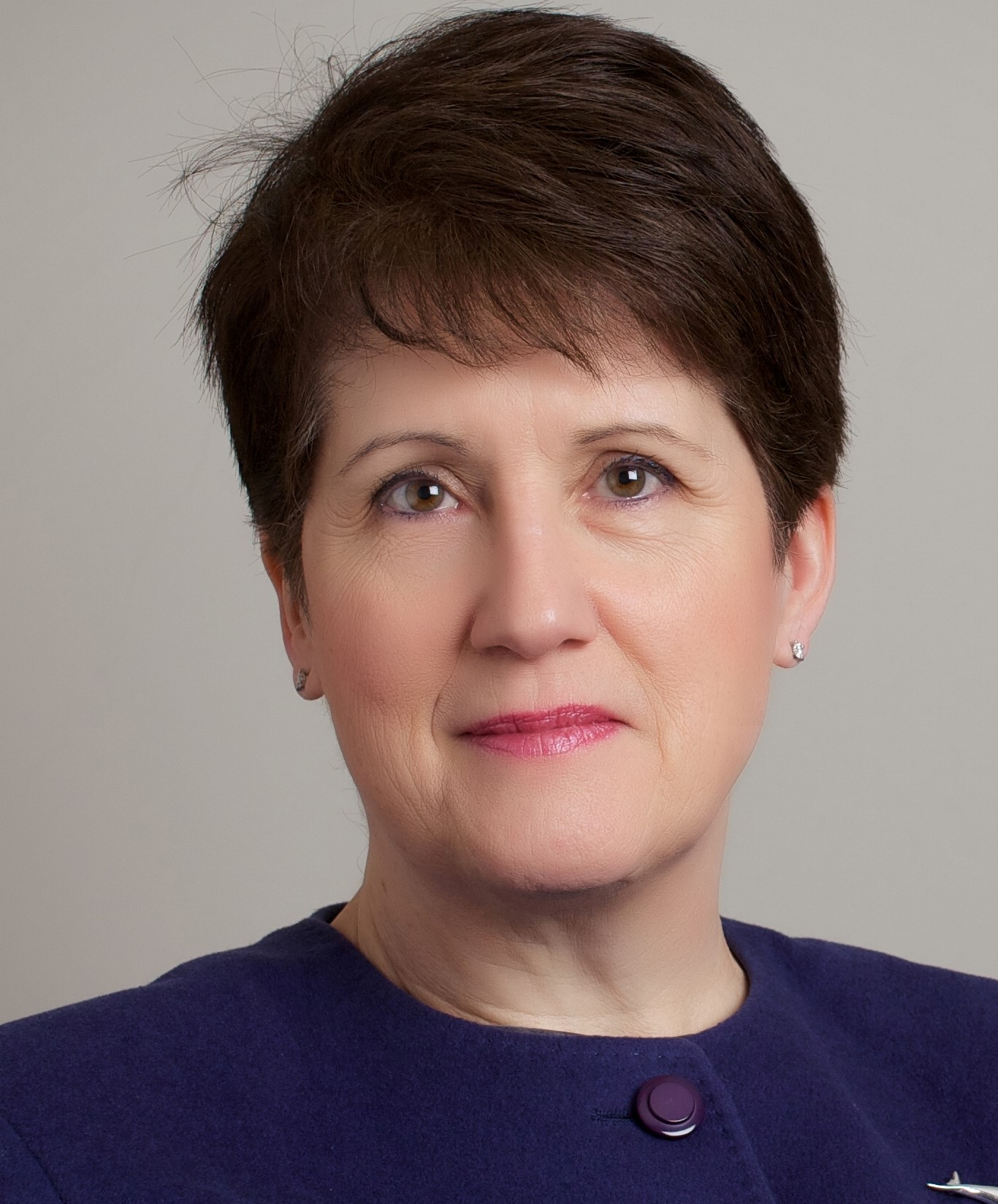The Pension Regulator (TPR) plans to publish its second consultation on its proposed defined benefit (DB) funding code in the middle of next year.
Speaking at the Pensions Age Northern Conference 2020, TPR investment consultant, Neil Bull, said the regulator was sifting through around 130 responses to its initial consultation.
“We want to make sure we look at those responses in detail and inform our view of what’s going forward. We plan to publish our second consultation in the middle of next year,” he stated.
Bull noted that one of the most common questions the regulator is asked in relation to the code is whether it would be forcing schemes to invest in gilts at a time when bond yields are low.
“The short answer to that is no we are not,” he said. “The approach we floated in the consultation is to look at the investment risk by maturity and covenant.
“Many pension plans are about 15-20 years away from that point of significant maturity so they have plenty of time to get themselves into that position and it might be that they are not significantly impacted at the moment.”
He added that there will be schemes with weak covenant and schemes that are more mature than the average, and they would be encouraged under the new code to have a lower level of investment risk.
“Of course, there is the bespoke option for schemes to go down, and it might be that they prefer to take the level of investment risk they are currently running but make use of a contingent asset or a particular guarantee that they can call on if things don’t work out in the way they expected, and we have the flexibility in the proposed system to deal with that in bespoke,” Bull stated.
Following the recent collapses of Arcadia and Debenhams, Bull said that company insolvencies are a “real concern” for TPR.
He noted that it is sometimes the case that covenant lags the economic shocks and the regulator was worried that this may happen in the current circumstances because it can take a bit of time for the impact to flow to businesses.
“I don’t think we are trying to second guess but we are trying to be prepared so that it is not a surprise to us when we get information from firms,” Bull continued.
“Clearly, there are areas we are concerned about and we want to engage with those companies and be part of the discussion if they are entering difficult times.”
Latest News
-
OBR analysis reveals potential impact of salary sacrifice changes
-
Strong funding levels continue as endgame landscape reshaped by innovation
-
Harwich Haven Authority Pension Fund finalises £45m buy-in with Royal London
-
GAD publishes LGPS gender pension gap reporting guidance
-
DB scheme funding levels continue to improve heading into 2026
-
News in brief - 6 February 2026
Private markets – a growing presence within UK DC
Laura Blows discusses the role of private market investment within DC schemes with Aviva Director of Investments, Maiyuresh Rajah
The DB pension landscape
Pensions Age speaks to BlackRock managing director and head of its DB relationship management team, Andrew Reid, about the DB pensions landscape
Podcast: From pension pot to flexible income for life

Podcast: Who matters most in pensions?

In the latest Pensions Age podcast, Francesca Fabrizi speaks to Capita Pension Solutions global practice leader & chief revenue officer, Stuart Heatley, about who matters most in pensions and how to best meet their needs
© 2019 Perspective Publishing Privacy & Cookies










Recent Stories